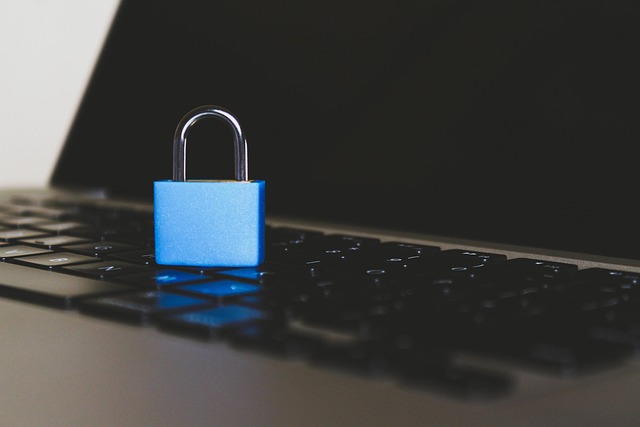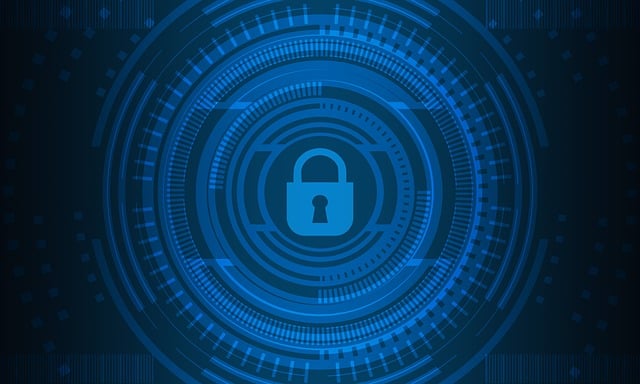Certified Public Accountants (CPAs) face complex regulatory demands, necessitating a robust secure CPA infrastructure. Standards like SOX, GAAP, and IFRS require stringent data security and privacy for financial transparency. Investing in technology solutions strengthens access control, ensuring authorized personnel access sensitive data. Integrating secure IT practices supports compliance, builds public trust, and safeguards reputations. Identifying relevant standards from governing bodies and international norms, like ISO 27001, is crucial. Efficient IT audits ensure alignment with these standards. Implementing strong security measures across network architecture, data storage, and access controls creates a secure CPA infrastructure. Regular reviews, detailed audit trails, and proactive issue addressing enhance security and maintain data integrity. Prioritizing advanced encryption, access controls, and security audits gains client trust. Continuous monitoring, auditing, and robust IT legal support ensure compliance with data retention policies, transaction tracking, and access controls, ultimately fostering transparency and accountability in financial operations.
In the dynamic financial sector, Certified Public Accountants (CPAs) face stringent regulatory compliance challenges when managing IT systems. This article guides CPAs through ensuring their digital infrastructure meets legal demands. We explore the intricate regulatory landscape, from identifying relevant standards to implementing robust security protocols and data privacy measures. By designing a secure CPA infrastructure, firms can navigate compliance requirements effectively, enhancing trust and maintaining professionalism in their operations.
- Understanding Regulatory Landscape for CPAs
- Identifying Relevant Compliance Standards
- Designing Secure Infrastructure Framework
- Implementing Access Controls and Security Measures
- Data Privacy and Protection Protocols
- Continuous Monitoring and Auditing Processes
Understanding Regulatory Landscape for CPAs

The regulatory landscape for Certified Public Accountants (CPAs) is vast and complex, with various laws and standards governing financial reporting, data security, and privacy. Staying compliant involves navigating a web of regulations like Sarbanes-Oxley (SOX), Generally Accepted Accounting Principles (GAAP), and International Financial Reporting Standards (IFRS). These guidelines are designed to ensure the integrity and transparency of financial information, but they also present significant challenges for CPA firms.
Securing a robust CPA infrastructure is crucial in this environment. Implementing strong access controls for accounting systems, coupled with comprehensive IT legal support, helps protect sensitive financial data. CPAs need to invest in technology solutions that enhance their ability to manage and monitor access to critical information systems, ensuring only authorized personnel can manipulate financial records. By integrating secure IT practices into their core operations, CPA firms can maintain regulatory compliance, instil public trust, and safeguard their professional reputations.
Identifying Relevant Compliance Standards

For CPAs aiming to maintain regulatory compliance within their financial IT systems, the first step is identifying the relevant standards applicable to their specific operations. This involves a meticulous review of industry regulations and guidelines set by governing bodies like the AICPA (American Institute of Certified Public Accountants) and international standards such as ISO 27001 for information security management. These standards cover various aspects including data retention, secure CPA infrastructure, and privacy protocols.
Understanding that accounting compliance IT tools are essential to managing this process, CPAs should explore technologies designed to streamline data retention CPA practices. Efficient IT audits for accountants can help ensure these systems meet the required standards, offering transparency and accountability in financial reporting.
Designing Secure Infrastructure Framework

Creating a secure infrastructure framework is paramount for CPAs aiming to maintain regulatory compliance within their financial IT systems. This involves implementing robust security measures at every layer of the system, from network architecture to data storage and access controls. A well-designed framework should incorporate encryption protocols, firewalls, and regular security audits to safeguard sensitive accounting data. By integrating these security practices, CPAs can ensure that their regulatory data systems are protected against potential threats, fostering a culture of data integrity.
Additionally, establishing comprehensive audit trails IT plays a pivotal role in meeting compliance standards. Detailed logs that track every transaction and user activity enable CPAs to demonstrate transparency and accountability during audits. Accounting compliance IT tools can automate this process, streamlining the documentation required to meet regulatory requirements. Thus, a secure CPA infrastructure, coupled with meticulous audit trail management, becomes an indispensable asset in navigating complex financial regulations.
Implementing Access Controls and Security Measures

Implementing robust access controls and security measures is paramount for securing CPA infrastructure and ensuring regulatory compliance. This involves a multi-faceted approach to safeguard sensitive financial data, which is crucial in the digital age. CPAs must establish detailed access policies, restricting unauthorized personnel from accessing critical systems and files, thereby mitigating potential risks of data breaches or tampering.
Regular reviews of these controls and staying updated with evolving industry standards are essential. By maintaining meticulous audit trails of IT activities, including user access, file modifications, and system changes, CPAs gain valuable insights into their network’s health. This enables them to promptly address any anomalies, enhancing the overall security posture of their IT legal support systems and ensuring the integrity of audit trails in case of future examinations.
Data Privacy and Protection Protocols

In the realm of finance, where data is the heartbeat of operations, ensuring robust Data Privacy and Protection Protocols is paramount for CPAs aiming to maintain regulatory compliance. A secure CPA infrastructure that prioritises data privacy becomes a competitive advantage, fostering trust among clients who rely on sensitive financial information. By implementing comprehensive IT legal support, CPAs can navigate complex regulatory landscapes with confidence. This involves integrating advanced encryption methods, access controls, and regular security audits into their IT systems for financial reporting.
Beyond technical safeguards, maintaining meticulous audit trails in IT systems is a cornerstone of compliance. These digital records serve as a transparent testament to the integrity and origin of financial data, enabling CPAs to demonstrate regulatory adherence promptly. As technology continues to revolutionize the finance sector, investing in robust IT for financial reporting becomes not just an option but a strategic necessity for modern CPAs.
Continuous Monitoring and Auditing Processes

Maintaining regulatory compliance in financial IT systems is non-negotiable for CPAs aiming to protect their secure CPA infrastructure and client data. Continuous monitoring and auditing processes are vital tools in this regard, enabling professionals to identify and rectify potential issues promptly. By implementing robust IT legal support mechanisms, CPAs can ensure that their accounting compliance IT tools effectively track and record transactions, access controls, and data retention policies, thereby adhering to industry standards and regulatory requirements.
Regular, comprehensive audits and real-time monitoring help uncover vulnerabilities in the system, ensuring data integrity and confidentiality. This proactive approach not only mitigates risks associated with non-compliance but also fosters a culture of transparency and accountability within financial operations. With the right tools and processes in place, CPAs can streamline their compliance efforts, leaving more time for strategic decision-making and client service.
